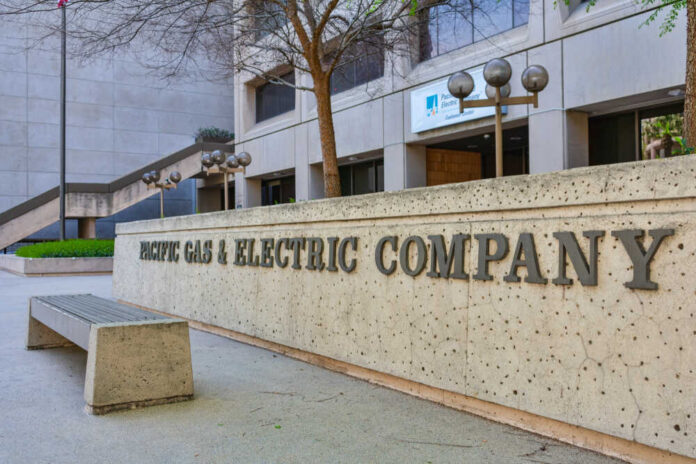
California political leaders are getting a heavy dose of reality on their way to shuttering the state’s only remaining nuclear facility. With renewable energy not able to supply its needs, the state is looking at keeping the plant operating much longer than planned.
The Nuclear Regulatory Commission (NRC) on Thursday gave an exemption to Pacific Gas and Electricity to continue to operate the Diablo Canyon nuclear power plant.
NRC TO LET DIABLO CANYON NUCLEAR PLANT KEEP RUNNING
Nuclear Regulatory Commission Grants “Timely Renewal” Exemption to Allow Continued Operation of Diablo Canyon Nuclear Power Plant!
There will be no gap in service to California.
Nuclear energy will survive in California. pic.twitter.com/LanYXPy2c2
— Mark Nelson (@energybants) March 2, 2023
That came just two days after California’s Energy Commission approved keeping the facility operating through 2030. That’s a full five years after the plant was initially scheduled to be mothballed, which was the stated goal of Democrats and environmentalists.
However, a series of blackouts swept the state last summer, offering glaring proof of the deficiencies in the energy infrastructure. Commission vice chair Siva Gunda explained in a statement that climate change has brought “extraordinary heat events and record energy demand.”
In other words, the renewable energy sources the state is so heavily invested in are not meeting its needs.
This resulted in Gov. Gavin Newsom’s administration reversing its course and backing Diablo Canyon’s continuing to supply the state with much-needed energy. The state years ago embarked on a path to increase its reliance on wind and solar power.
That’s fine on windy and clear days, but with its crackdown on fossil fuel use, California backed itself into a hot corner when last summer’s massive heat wave spurred fears of rolling blackouts.
Thursday’s move by the NRC is temporary. It keeps the facility’s twin reactors functioning while the state applies for a new license to operate. In order to keep operations going long term, Diablo Canyon must have its full licensing application in by the end of 2022.
Needless to say, environmental activists are not happy.
A consortium of groups issued a collective statement calling the NRC’s move “unprecedented.” They claimed the agency has never approved an exemption for a license renewal past the 40-year legal threshold for a nuclear plant without a complete review.
Diane Curran, lead attorney for San Luis Mothers for Peace, charged the NRC’s labeling the move an “administrative” decision is misleading, “as if it were choosing paper clip sizes.” She said every day the reactor operates poses “the risk of an accident that could devastate the state.”
What is abundantly clear is that California does not have the energy infrastructure necessary to keep up with its summertime demands. As it ditches traditional power sources, it is finding new value in holding on to some of them much longer.



























